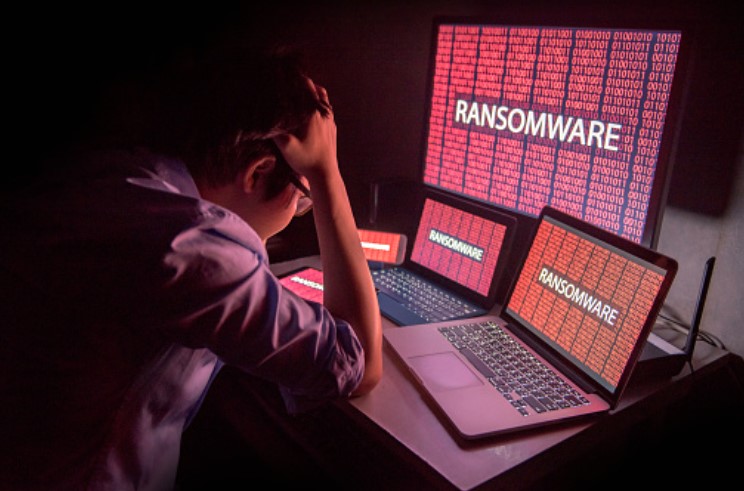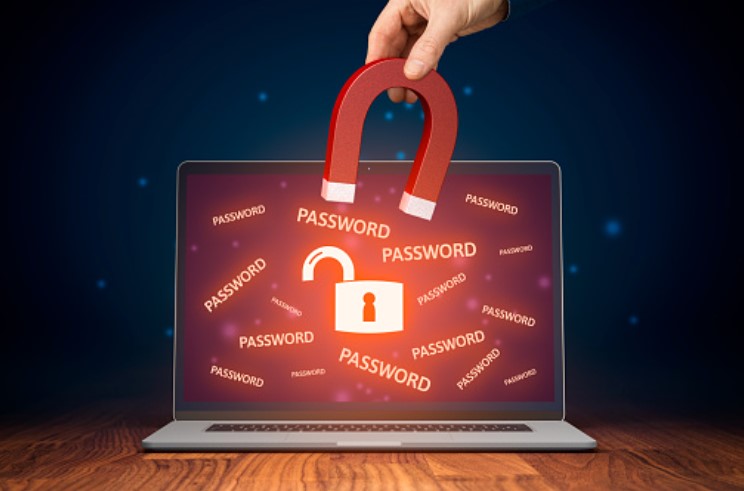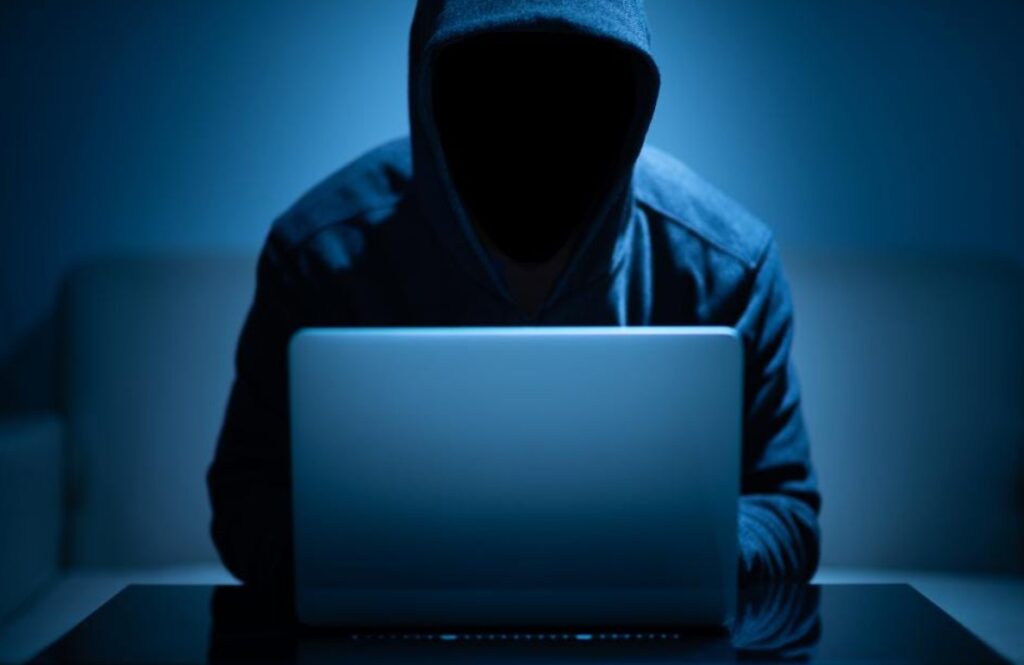To check if you have ever been hacked, you need to look at the signs of unusual activity. For example, these are passwords that do not work for a long time or changed settings. Fortunately, there is software today that will help you protect yourself from things like this. However, if you suspect that someone has compromised your privacy, read the following few signs to be sure.
1. Ransomware message

This is one of the messages that will inform you that your data is encrypted and needs to be unlocked. In that case, they will ask you to pay to unlock them. Many organizations have just been stopped by ransomware and have become victims of ransom payments. Unfortunately, we do not know when such threats will disappear because ransomware is huge and it will not happen soon.
If this has happened to you, you can restore the included systems and check them completely. When you perform unit testing, you will be sure that you have recovered the data. Some don’t have backups even though they thought they did and so test them in time, Don’t wait this moment to check your company’s backups.
2. Have I been Pwned?

There is another way to check if you have been hacked and that is to check your email addresses. This tool is considered one of the best when it comes to checking account security. All you have to do is visit the website and enter your email addresses and thus conduct a hacking investigation. This is followed by an account check. The results will tell you if there was a data breach or if your account details ended up online. No matter what it is, you will know whether you are endangered or not. Our advice is to secure your accounts that are at risk in time. You can use a password generator and password manager for this purpose. Also, pay attention to accounts that have the same password as the email account and change it.
3. Slow device

One of the consequences of hacking activities is a slow device. If you notice something like this, it means that the software has become slow or is freezing, crashing. This phenomenon mainly indicates viruses, trojans, or worms. The software behind this secretly consumes your resources. There is a tool to help you discover this because it recognizes apps like this. It will recognize all the tasks performed by the computer as well as the processing power it uses. However, if you don’t recognize apps that are overloading resources, it’s probably a virus.
4. Hacked sites

Check all the sites you use regularly. This is another way to determine if you are safe online. If you suspect hacking activities, suspicious websites are probably to blame. You can also take advantage of free services such as websites to check the locations you visit often. You will get a list of risky locations and you should react to it immediately. Don’t be lazy, but periodically check the sites you use so that you don’t fall victim to hacker attacks.
Conclusion:
So, there are several methods you can follow to resolve your concerns. However, if you find that you have been hacked you should take a few steps. First, let your family and friends know about it, don’t pay in installments or change passwords.

